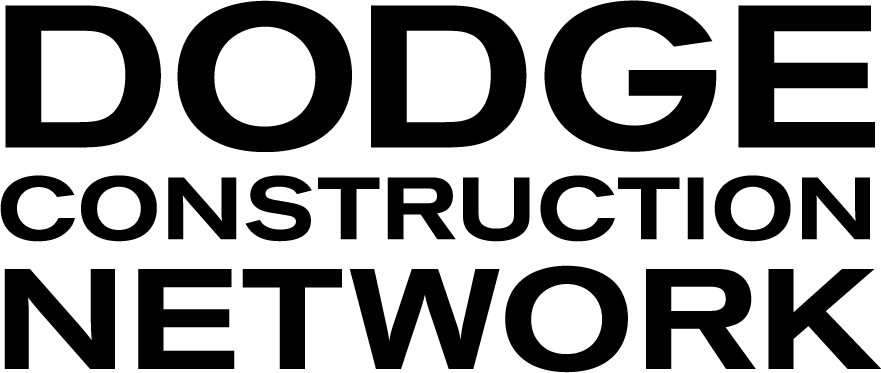Written by Richard Branch, Senior Economist on January 8, 2019
Construction economics correlate strongly with the overall U.S. economy, and that could mean good news for the industry in 2019. U.S. employers added 312,000 new jobs in the month of December – well above consensus estimates. The December employment numbers are typically more volatile than other months due to increased seasonality and in the past have been subject to sizeable revisions. However, figures for both October and November were revised higher than initially reported suggesting that the underlying strength in December may be real.
December’s gain was widespread; the only major sector to cut jobs was information, which lost 1,000 positions. Education and health services added 82,000, 43,000 jobs were added in professional and business services, and manufacturing added 32,000. The construction economics sector had a solid month, with 38,000 new jobs including, 16,300 in civil and engineering construction, 13,000 in specialty trade, and 8,000 in building construction.
Average hourly earnings rose 0.4% from November to December and are 3.2% higher than they were a year ago. This marks the third consecutive month in which wage growth was greater than 3% and is a clear sign that this is a seller’s market – with more positions available than people to fill them. Construction wages rose 0.5% in the month and are 3.9% higher than a year ago. The unemployment rate rose 20 basis points to 3.9%, but this too is good news as it was a result of more people entering the labor market.
For the full year the U.S. economy added 2.6 million new jobs – averaging 220,000 new jobs a month. This follows 2.2 million new jobs added in 2017, and 2.3 million in 2016.
With the news cycle of late dominated by a deteriorating stock market and political unease, December’s report is a clear reminder that the underlying foundations of the economy are solid. The strong labor market and resulting wage gains are pushing consumer spending higher and business investment remains healthy due to changes in the tax code. While economic growth in 2019 is likely to ease slightly from the pace set last year, there is not an imminent cliff approaching – a notion reinforced with today’s data.
